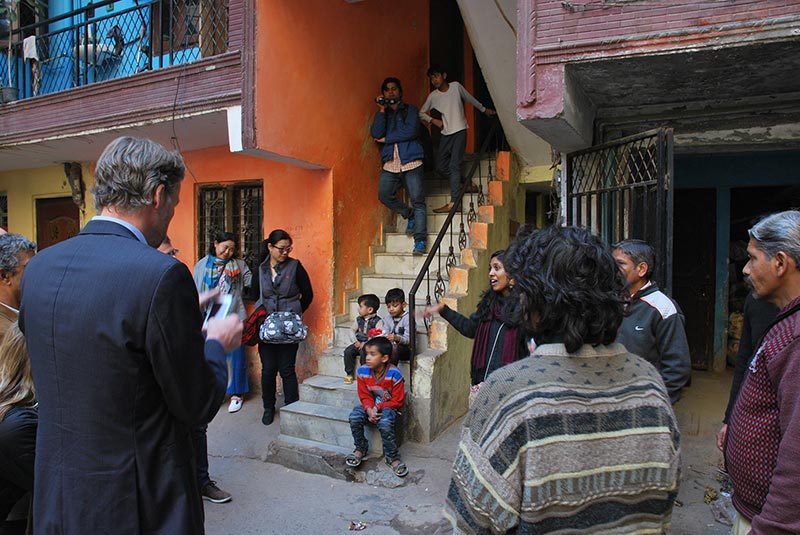Xiaomei ZHAO
As a researcher on cultural heritage, I got to know IIAS during the first biennial conference of the Association of Critical Heritage Studies in Gothenburg (2012). However, I only officially started my experiences with IIAS in 2015, when I became an UKNA fellow at the institute. I am impressed by its multiple layers of networks and ambitious goal for civic emancipation.
Besides the fellowship, I have taken part in its various academic activities at different locations across Asia. From my observation, IIAS is an international knowledge hub deeply rooted in and widely engaged with local communities. From the perspective of heritage studies, it has established its unique approach for alternative use of culture as an emancipatory force through humanistic research, participatory learning, intellectual production, and empathetic communication.
IIAS has its own way of carrying out transdisciplinary discussions, even in difficult conditions. Heritage conservation is strongly bound to engineering disciplines in China, and the UKNA conference coordinated by Chinese partner institutes in 2015 was turning towards this trend at the beginning. Nevertheless, IIAS led the topic in a more humanistic direction, stressing the importance of humanities and social sciences in conservation planning and ecological development. It struck a balance between the fields [Fig. 1].
The seminar ‘Revisiting Delhi’ (2016), with which I was also involved, reflects IIAS’s mission regarding teaching facilitation. Co-organised with local universities, the seminar focused on how to engage students with urban heritage [Fig. 2]. This resulted in a teaching collaboration between the Community Knowledge Center (CKC) at Ambedkar University Delhi and my faculty, the Department of Cultural Heritage and Museology at Fudan University, Shanghai. We have successfully “moved” the scenes of local life in old Delhi into the modern city of Shanghai: in 2018, a photo exhibition from CKC’s collection was curated by Fudan students at the university museum.

Fig. 2: A visit to local community in Delhi. (Photo courtesy of the author, 2016)
The 2017 workshop in Surabaya was more neighborhood-based, and participants were all invited to a community meeting. The locals interpreted their own heritage to the scholars, instead of an authorised interpretation by the latter. It is a good start for further communication between academics and locals, as a scholarly way to promote the civic engagement.
From these experiences, I have found that IIAS links academic and non-academic communities at both local and international levels. Its core concern is the social responsibility for developing mutual understandings between people and achieving their spiritual liberty.
Xiaomei ZHAO, Fudan University, China